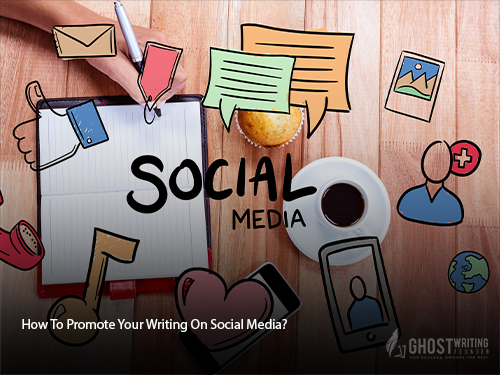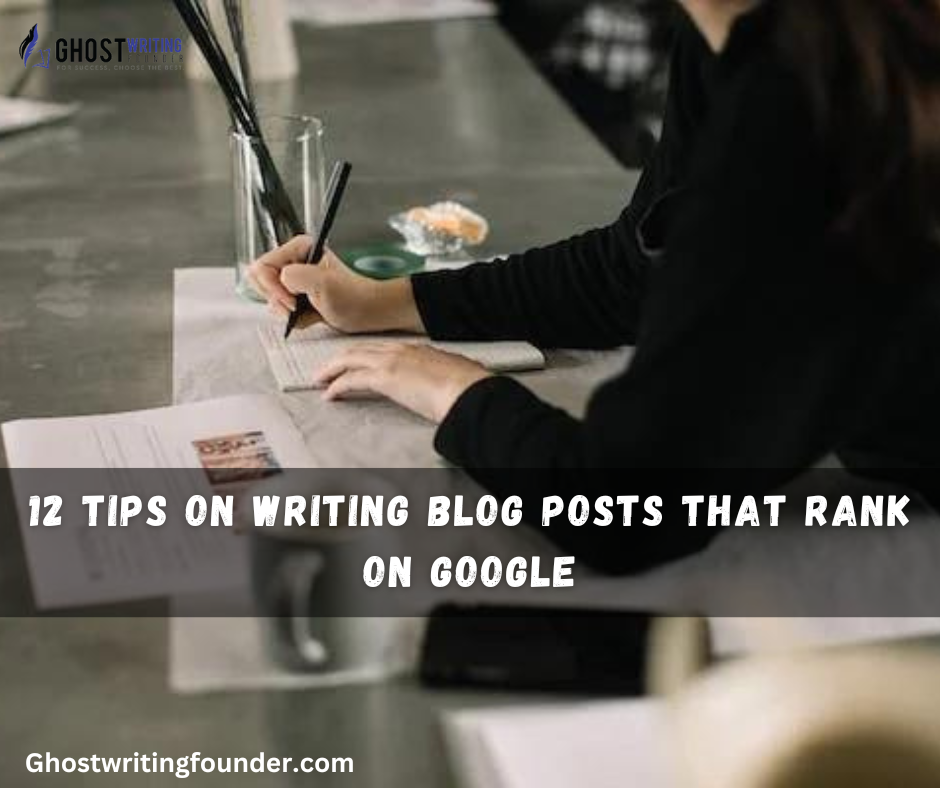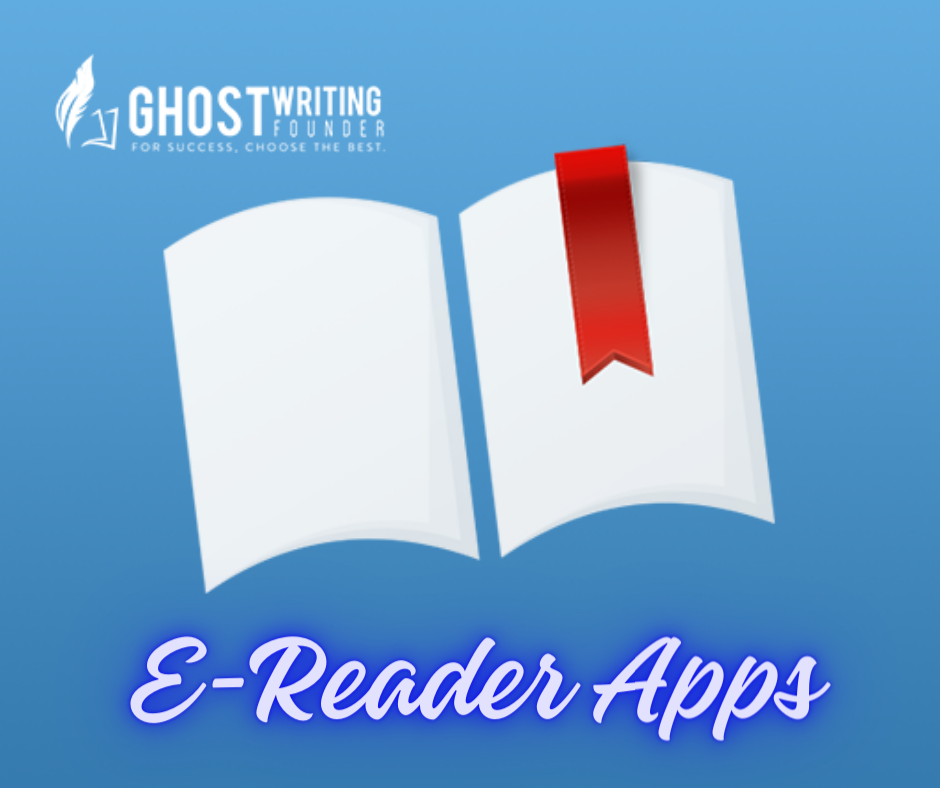
Writing
Introduction
In the world of art and writing, one thing stands out: your work and words are unique to you. In a world where the material is easy to find with the click of a button, copyright and Intellectual Property laws are a strong shield that keeps other people from using your work without your permission. Understanding these nuances is crucial, much like understanding the difference between a novel and a book, which can be fundamental for an author. Whether you’re an experienced Ghostwriting Founder or a new author, it’s important to understand the details of these rules to protect your authorship.
Decoding Copyright Law: The Basics
Understanding Copyright
The legal protection known as copyright entitles authors to sole ownership of any creative works they produce. This protection extends to a wide variety of works, including but not limited to literature, music, artwork, and software, among other things.
Registering for Copyright Protection
Even though the protection of intellectual property rights is accorded to every work upon its creation, registering your work with a copyright office makes a record of your claim accessible to the public and can be helpful in a dispute over intellectual property rights.
Intellectual Property Rights: Beyond Copyright
What is Intellectual Property?
The term “intellectual property” (IP) refers to the products of the human mind, such as inventions, literary works, photographs, and designs utilized in business. For those in the literary world, this can include everything from the manuscript to the book distribution strategies that help your work reach readers. Copyright, patents, and trademarks are all subcategories that fall under this general phrase.
Copyright vs. Patents vs. Trademarks
It is easy to become confused while understanding the differences between copyright, patents, and trademarks. Each safeguards a unique category of intellectual property and adheres to its own distinct set of laws and guidelines.
How Copyright and Intellectual Property Protect Authors
Exclusive Rights to Your Work
You are entitled to exclusive rights once copyright and intellectual property laws have been applied to your work and it has been protected. These include the rights to reproduce, distribute, and alter the work that you have created.
Legal Protection Against Infringement
Laws about intellectual property and copyright offer legal protection against infringement. These laws allow you to seek legal redress if someone utilizes your work without your consent.
Navigating Copyright Infringement: What Authors Need to Know
Recognizing Copyright Infringement
Copyright infringement occurs when someone uses your work without your permission. It’s a serious issue, akin to the challenges discussed in our article on how to get advanced reader copies (ARCs) for free without infringing on copyright. However, not every unauthorized use is an infringement. Understanding this distinction is key to protecting your rights.
Responding to Copyright Infringement
If you think someone is using your work without permission, you can do a few things. You can do anything from sending a letter telling the person to stop to filing a case.
Exploiting Your Intellectual Property: Licensing and Assignment
Licensing Your Work
Licensing is a way to make money from your work by letting others use your intellectual property under specific rules, which is one of the many book marketing ideas for skyrocketing sales.
Assigning Your Rights
The contract means giving someone else the rights to your intellectual property. It’s an extensive choice that needs careful thought.
The Role of Intellectual Property in Book Writing
Protecting Your Manuscript
As an author, your most important thing is your manuscript. Intellectual property rights must protect it.
IP Considerations in Publishing
When you do book writing and publish a book, there are a lot of intellectual property issues to consider, from the book’s content to the cover design and font.
Understanding Fair Use and Exceptions to Copyright Law
The Concept of Fair Use
Fair use is a legal concept that lets people use copy-protected information in limited ways without getting permission from the rights owner.
Identifying Fair Use
Fair use is a complicated idea that can vary from person to person. By knowing its four factors, writers can determine when fair use might apply.
Intellectual Property in the Digital Age: eBooks and Online Content
Copyright Challenges in the Digital Age
The internet has changed how we get information, but it has also made it harder to protect rights.
Protecting Your Digital Content
In the age of easy online access, protecting your digital material, from eBooks to blog posts, is important.
International Copyright Law: Protecting Your Work Beyond Borders
Understanding International Copyright Agreements
Several international deals set rules for protecting copyright across borders. As an author, you must understand these agreements to keep your work safe worldwide.
Enforcing Your Rights Internationally
Enforcing your copyright abroad can be complex due to differences in countries’ copyright laws. But international agreements and conventions make it possible to execute laws across borders.
The Intersection of Copyright and Intellectual Property with Plagiarism
Defining Plagiarism
Plagiarism is when you use someone else’s work and say it’s yours. It’s a matter of ethics, but it can also violate copyright.
Preventing and Addressing Plagiarism
As an author, you can stop and deal with copying in several ways. These include using tools to find copying and knowing your rights under copyright law.
The Role of Copywriting in Safeguarding Your Intellectual Property
Copywriting and Copyright: A Crucial Distinction
Copywriting involves writing persuasive text for advertising or other forms of marketing. It’s a different concept from copyright, but it plays a role in protecting your intellectual property.
Copywriting Your Book’s Marketing Materials
The things you use to promote your book are also your creative property. Find out how copywriting can help keep these things safe.
Key Characteristics and Profound Details
| Topic | Description | Key Points |
|---|---|---|
| Introduction | The uniqueness of creative work and the importance of copyright and intellectual property laws for authors. | Protecting authorship is crucial. |
| Decoding Copyright Law: The Basics | Understanding copyright, its scope, and the benefits of registering creative works. | Authors gain sole ownership and legal protection. |
| Intellectual Property Rights: Beyond Copyright | Overview of intellectual property, including patents, trademarks, and their distinctions. | Intellectual property encompasses various creations. |
| How Copyright And Intellectual Property Protect Authors | Exclusive rights and legal protection against infringement for authors. | Authors can control reproduction and seek legal redress. |
| Navigating Copyright Infringement: What Authors Need To Know | Recognizing copyright infringement and responding to it. | Understanding unauthorized use vs. infringement. |
| Exploiting Your Intellectual Property: Licensing And Assignment | Exploring licensing and assignment of intellectual property rights. | Licensing allows authors to profit from their work. |
| The Role Of Intellectual Property In Book Writing | Protection of manuscripts and considerations in publishing. | Intellectual property safeguards authors’ content. |
Conclusion
It can be hard to find your way through the maze of copyright and intellectual property rules but remember. These rules protect your work, which is an expression of your creativity. With the information in this guide, you’ll be able to confidently protect your writing and handle any copyright or intellectual property problems that might come up.
FAQs
Do I automatically own the copyright to my work as an author?
Yes, as an author, you immediately own the copyright to your work as soon as it’s in a physical form.
What types of work does intellectual property cover?
Intellectual property includes various creations, like ideas, literary works, images, designs, symbols, names, and logos used in business. Copyright is a broad term that covers patents, trademarks, and copyright.
What should I do if someone infringes on my copyright?
If you think your copyright has been violated, you can call the person who did it, send them a letter telling them to stop, or even file a lawsuit.









Leave a Reply